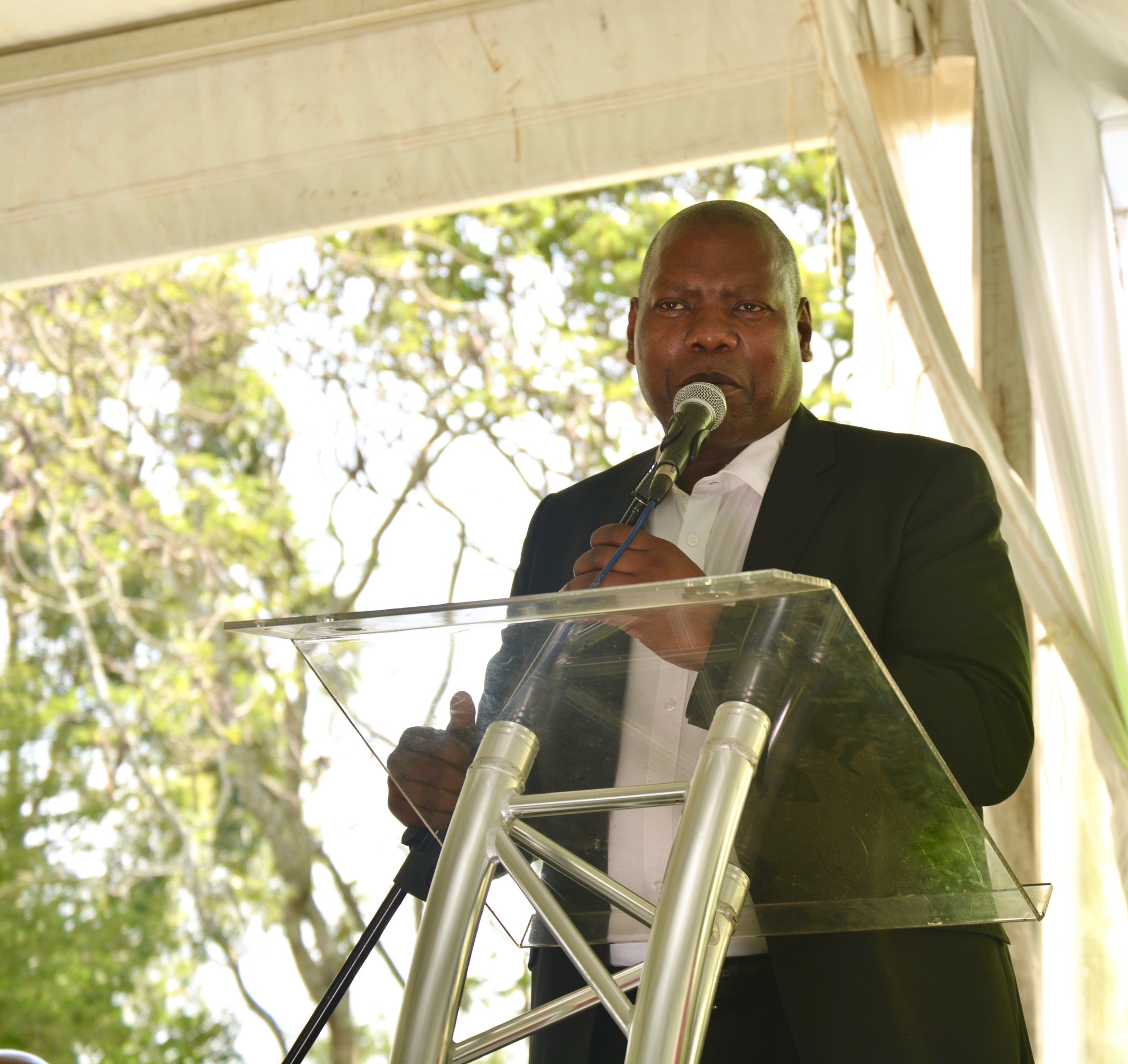Durban, KwaZulu-Natal (9 October 2018): The South African Farmers Development Association (SAFDA) is extremely pleased to acknowledge the notice published in the Government Gazette No. 41967, Vol. 640, which recognises its drive for transformation in the South African sugar industry for the last three years. This is a major first step for transformation in the agricultural sector, which allows more black participants to make an active contribution in ensuring the sustainability of the sector. “We, as black farmers who are categorized as small-scale and land reform, know first-hand the challenges that are faced on the ground. We live and grew up in the deep rural communities and understand very well that we are not on an equal footing with our commercial white counterparts.
“This is not because we do not know how to farm, but because we have not had a real opportunity to fairly participate and represent ourselves at industry level,” explains Siyabonga Madlala, Chairman of SAFDA.
With the official recognition of SAFDA and the gazetting of transitional arrangements, which will be in place until March 2020, the sugar industry has a unique opportunity to set the benchmark for other commodity organisations by harnessing the knowledge of black South Africans.
“Although it has been a long road to get this far, with some very difficult times being faced in the last three years since our formation, I believe that our struggle was not in vain. There have been many detractors along the way and even attempts to ruin our personal reputations. But we have remained steadfast in our cause, which is just and fair,” Madlala added.
What this means
The sugar industry is regulated by apartheid-era legislation of 1978, The Sugar Act, which gives rise to the Sugar Industry Agreement and the Constitution under which the sugar industry regulates itself.
The gazetting of the transitional arrangements today means the traditional set up, which has been in place for over 90 years, has changed. Historically, the industry has only recognized the South African Cane Growers Association as the only representative of sugarcane farmers in South Africa, which has not focused on the sustainability of black small-scale and land reform farmers.
Now, with the official recognition of SAFDA black farmers who have been at the periphery will now have a central role to play in ensuring their own sustainability.
“Recognition means that black growers have 50:50 representation on all decision-making structures in industry as well as in each of the mill areas,” he explained.
Black small-scale farmers represent about 90% of the sugar industry, but are only able to contribute about 10% of sugarcane production. Over the last two decades, there has been a rapid decline in small-scale sugarcane farmers, who numbered around 50 000 in the early 2000s but are today sitting at about 20 000.
This is clearly a concern – particularly when it is seen from the perspective of rural households and the rural economy (both formal and informal). This is at the heart of SAFDA’s focus areas of: Transformation, Land Reform and Small-scale Farmers, Grower Capacity Development, Grower Financing and Bulk Buying, Diversification and Value-Chain Participation.
“SAFDA’s primary focus is to grow the industry subject to meaningful participation by black growers in the value chain and diversification into ethanol, co-generation and bio-based products, among others. Meaningful participation means ownership, management and control of a diversified sugar industry,” Madlala explained
“I would also like to take this opportunity to thank our government and its officials for remaining true to its commitment to transformation. Without the focus of the Parliamentary Portfolio Committee of Trade and Industry, the dti and a few other key stakeholders who believed in the SAFDA vision, we would not have made the progress that we have made,” he concluded.
About us
The South African Farmers Development Association (SAFDA), which was established on 25 November 2015, is a registered not-for-profit development association of farmers.
The Association sees itself as a case for South Africa’s economic transformation in the agribusiness sector and a home for all progressive farmers – black and white, small, medium and large.
While serving the business interest of all its members, the Association pays special attention to improving profitability and sustainability of small scale and land reform farmers.
As part of its main functions the Association offers economic research and business advisory services, grower training and development, lobbying and advocacy for policies thereby ensuring the sustainability of all its members.
For more information, contact
Ronda Naidu
Communications Manager
031 508 7285

